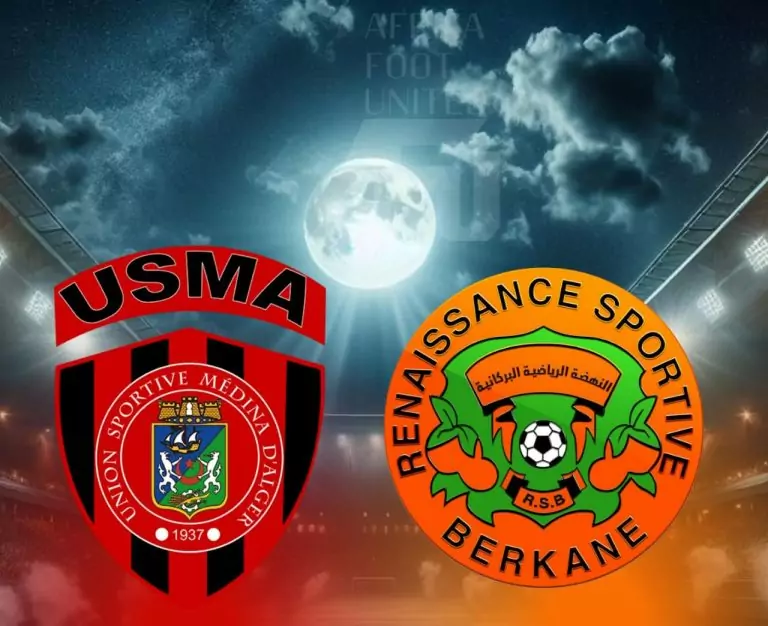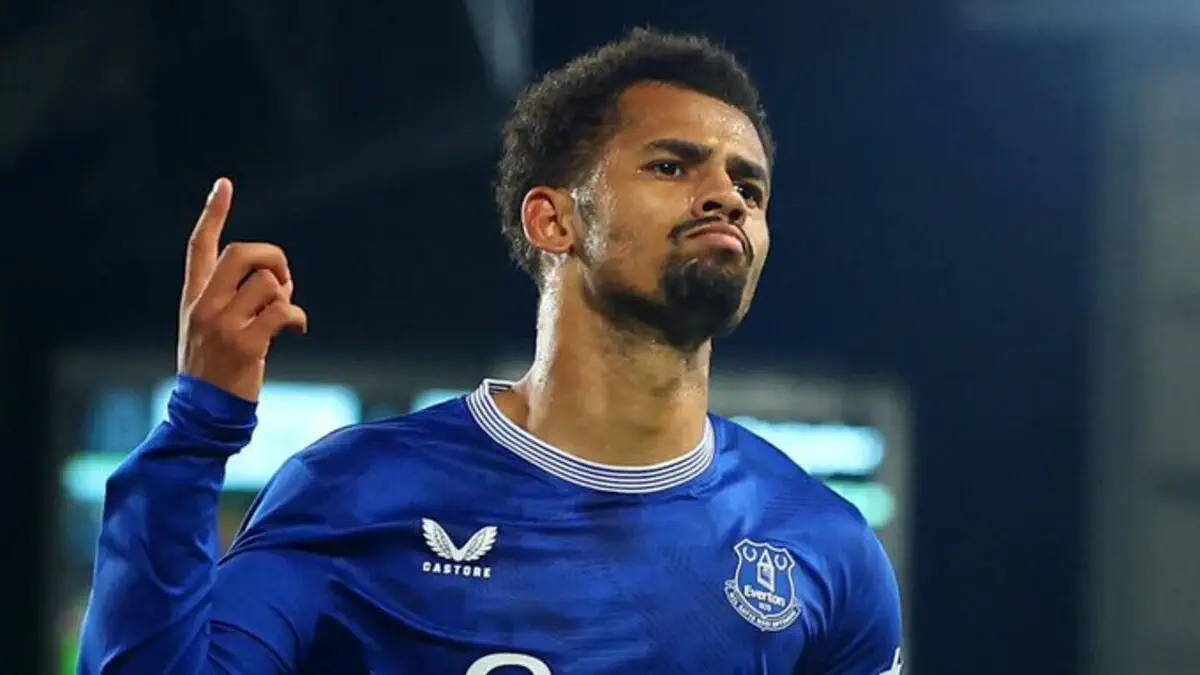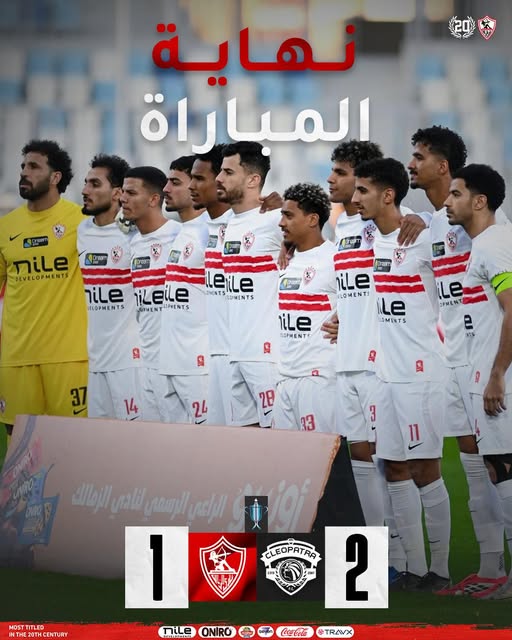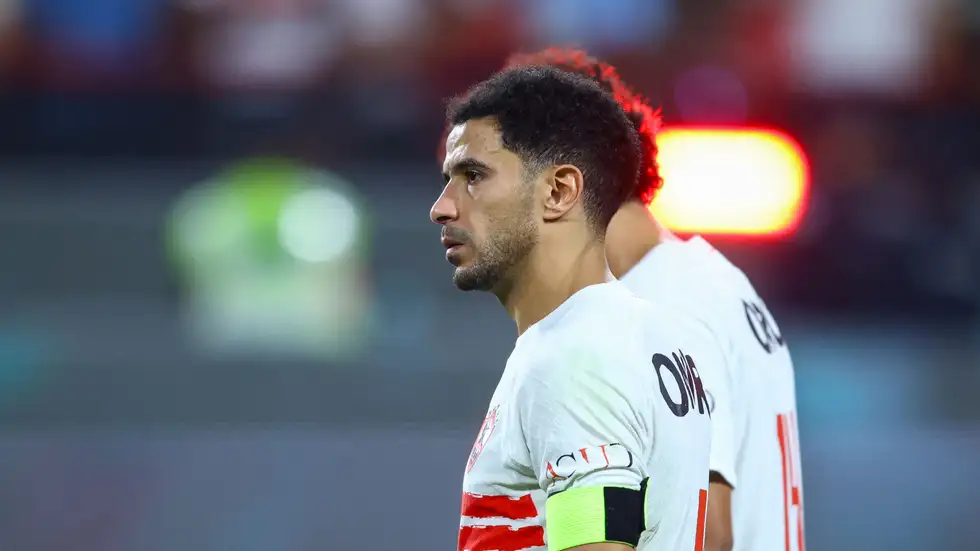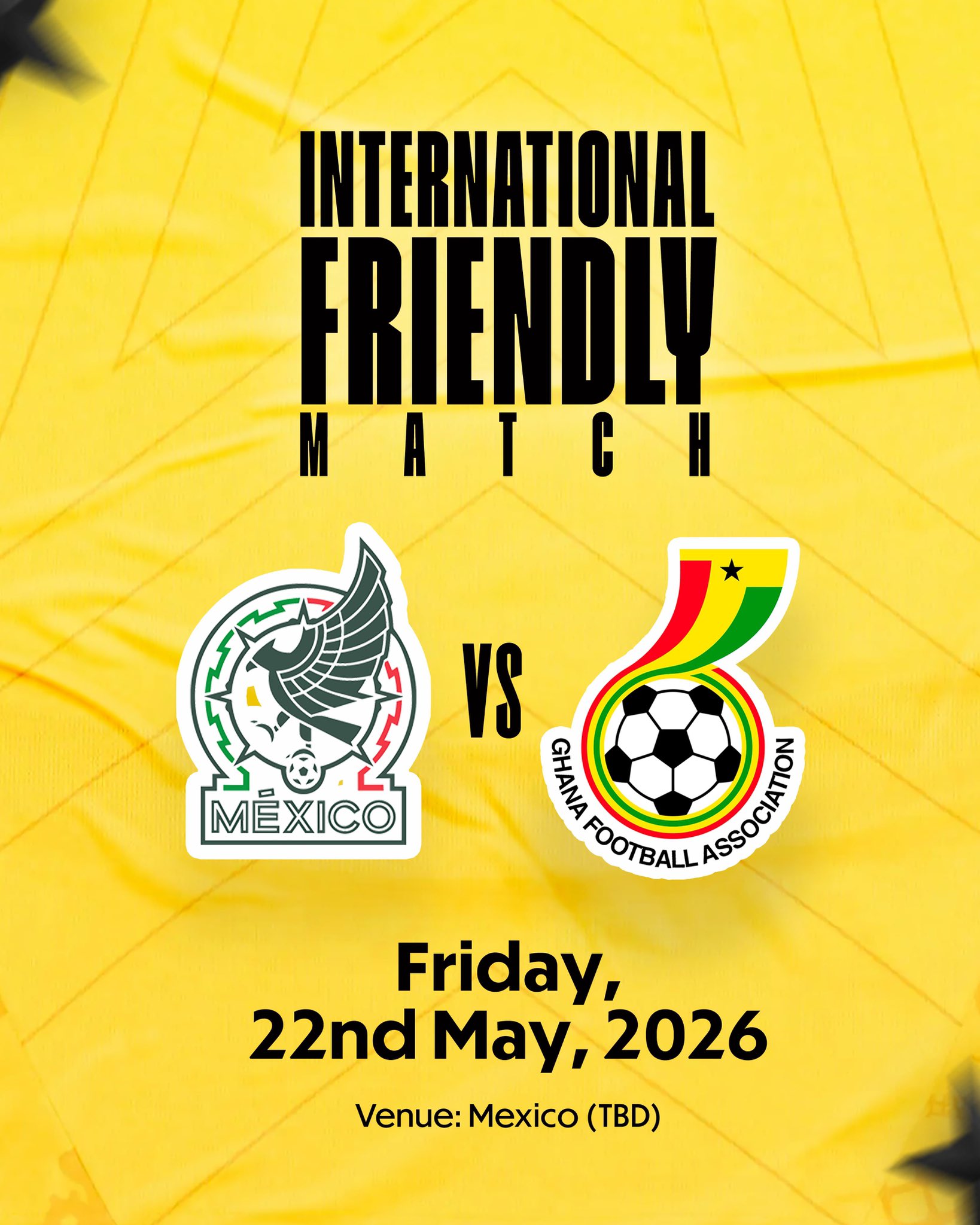The much-anticipated CAF Cup semi-final between USM Alger and RS Berkane took an unexpected turn as political tensions between Algeria and Morocco spilled onto the football pitch. What was meant to be a thrilling encounter turned into a diplomatic standoff, leaving African football authorities grappling with an unprecedented crisis.
The match, scheduled to take place on Sunday, April 21, at the Olympic Stadium on July 5, was marred by controversy from the outset.
RS Berkane’s arrival in Algeria set the stage for a showdown as Algerian customs officials intercepted the team’s luggage containing jerseys featuring a geographical map of Morocco, including Western Sahara.
Despite efforts by Algerian authorities to diffuse the situation, tensions escalated, leading to a prolonged standoff at Algiers airport.
The Moroccan delegation, adamant about the legitimacy of their jerseys, refused to proceed without their official gear, which they claimed was approved by CAF.
After hours of negotiations and a failed technical meeting, the impasse persisted, prompting CAF to intervene. However, the African football governing body’s decision to side with RS Berkane further inflamed the situation, drawing criticism from Algerian football authorities.
As the standoff persisted, both teams converged at the stadium, but RS Berkane ultimately decided not to play, citing political considerations.
The incident marked a significant departure from sporting norms, with Algeria standing firm on its sovereignty and regulations governing the entry of political symbols into its territory.
In response to CAF’s decision, the Algerian Football Federation (FAF) announced its intention to appeal to the Court of Arbitration for Sport (CAS) in Lausanne, challenging what it deemed a blatant disregard for sporting laws.
The standoff underscored broader geopolitical tensions between Algeria and Morocco, with football caught in the crossfire.
The incident, unprecedented in African football history, sparked outrage and condemnation, raising concerns about the politicization of sports and its impact on regional relations.
As the fallout continues, the CAF Cup semi-final saga serves as a stark reminder of the complex interplay between sports, politics, and diplomacy in the African context.


